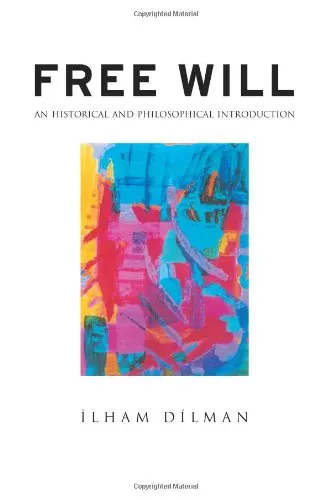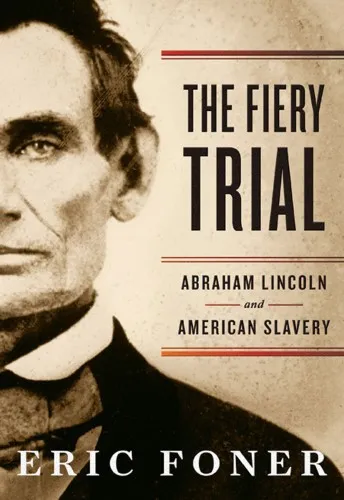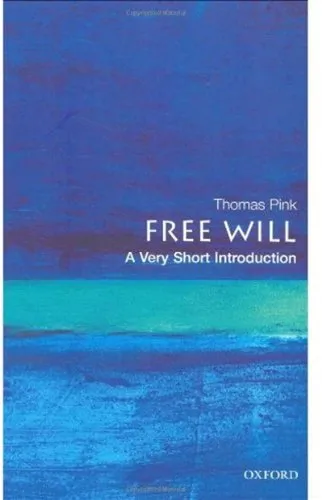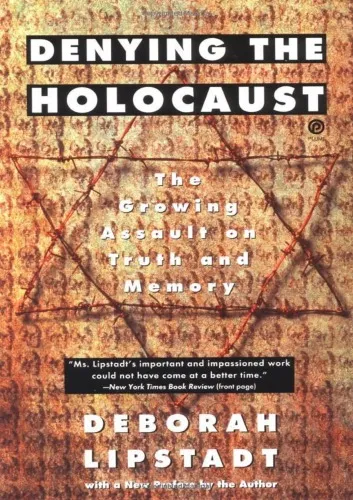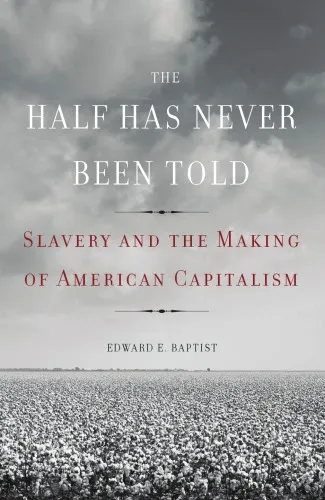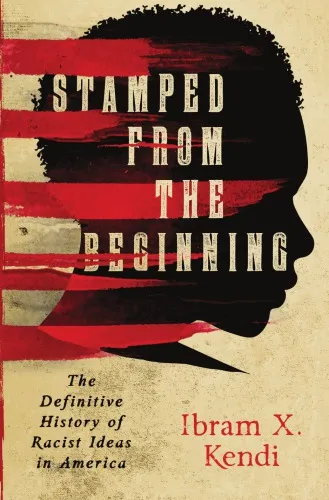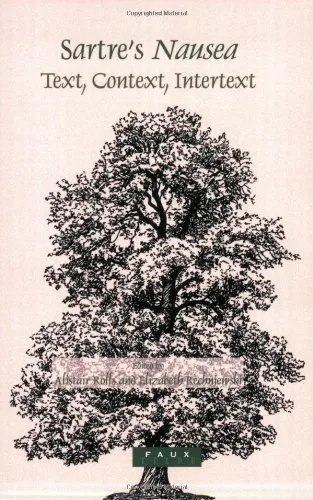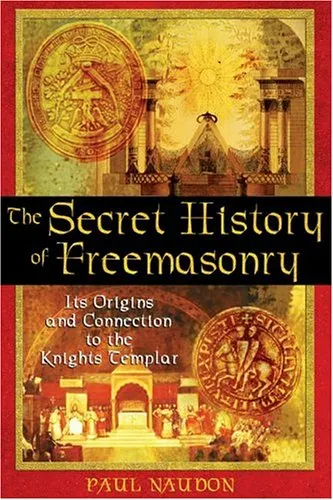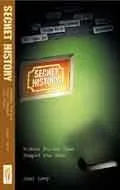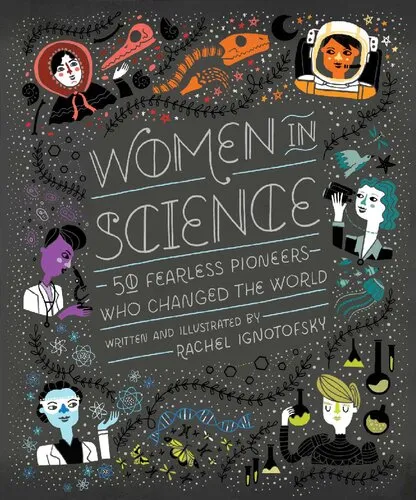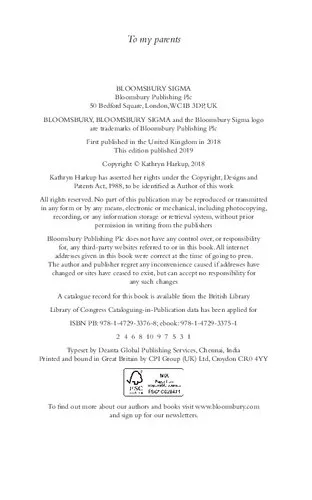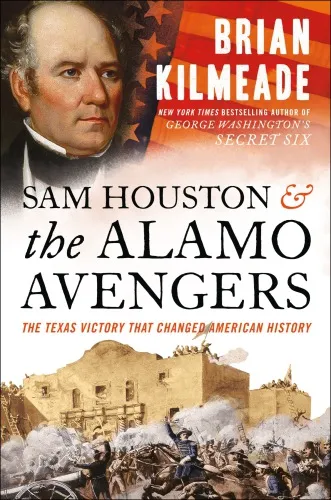Free Will - Historical and Philosophical Introduction
4.3
Reviews from our users

You Can Ask your questions from this book's AI after Login
Each download or ask from book AI costs 2 points. To earn more free points, please visit the Points Guide Page and complete some valuable actions.Related Refrences:
Welcome to a comprehensive exploration of the book "Free Will - Historical and Philosophical Introduction". This text delves into one of the most enduring questions in philosophy: do humans have free will, or are our actions determined by forces beyond our control?
Detailed Summary of the Book
The book 'Free Will - Historical and Philosophical Introduction' offers an in-depth journey through the evolving landscape of philosophical thought regarding free will. Structured to engage both philosophy newcomers and seasoned scholars, the text embarks on a historical tour, unveiling how the question of free will has been addressed over centuries.
Readers are introduced to foundational ideas from classical philosophers such as Aristotle and further guided through the dynamic discussions of free will by later thinkers like Descartes and Kant. The exploration doesn't stop at historical perspectives; it also tackles contemporary debates and applies the philosophical inquiry of free will to modern scientific insights.
In addition to discussing determinism, libertarianism, and compatibilism, the book also probes into the implications of free will (or the lack thereof) on moral responsibility, ethics, and human agency. By doing so, it provides readers with a multidimensional understanding of how the doctrine of free will intersects with human psychology and societal norms.
Key Takeaways
- Free will is a complex and multifaceted topic that intertwines with numerous aspects of human thought and behavior.
- Philosophers throughout history have variously supported, refuted, and redefined the concept of free will, showcasing its persistent relevance.
- The book contextualizes free will within modern scientific frameworks, particularly in relation to neurological and psychological insights.
- Understanding the nuances of free will enables deeper engagement with questions of moral and ethical responsibility.
- The discourse around free will remains as pertinent today as ever, reflecting broader cultural and existential queries.
Famous Quotes from the Book
"The question of free will is not a question of whether we can do as we please but whether we are the true authors of our actions."
"To understand free will, we must examine the chains that bind us—be they tangible or of our own making."
Why This Book Matters
Addressing one of philosophy’s most persistent and intriguing queries, this book provides readers with a meticulously detailed framework to understanding free will. By taking an interdisciplinary approach that incorporates historical, philosophical, and scientific perspectives, it acts as a vital resource for anyone seeking to comprehend how the concept of free will impacts individual and collective human experiences.
Furthermore, the book's engagement with both historical and contemporary conversations ensures that it remains relevant amid ongoing debates in philosophy and beyond. By fostering a nuanced understanding of free will, the book encourages readers to reflect on the implications these discussions hold for personal freedom, autonomy, and ethical responsibility.
In a world where questions about autonomy, control, and responsibility are increasingly urgent—whether in the context of technology, society, or individual life choices—this book serves as an essential guide for thoughtful inquiry and introspection.
Free Direct Download
You Can Download this book after Login
Accessing books through legal platforms and public libraries not only supports the rights of authors and publishers but also contributes to the sustainability of reading culture. Before downloading, please take a moment to consider these options.
Find this book on other platforms:
WorldCat helps you find books in libraries worldwide.
See ratings, reviews, and discussions on Goodreads.
Find and buy rare or used books on AbeBooks.
1456
بازدید4.3
امتیاز0
نظر98%
رضایتReviews:
4.3
Based on 0 users review
Questions & Answers
Ask questions about this book or help others by answering
No questions yet. Be the first to ask!
